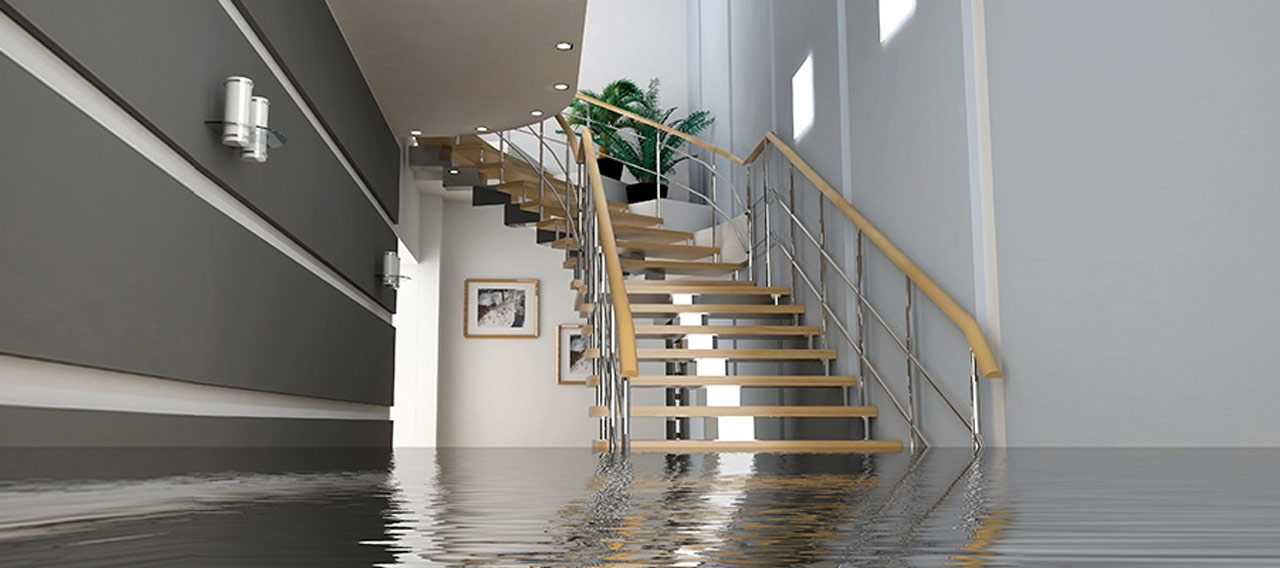
Emergency evacuation packing list

When a natural disaster gets close to your home and authorities recommend you evacuate, it’s important that you leave immediately. Don’t wait to be “ordered” to leave. Departing right away—before a mandatory evacuation is declared—can help you avoid being caught in the fire, floods, or road congestion. It also means you’ll need to have a plan in place and your evacuation kit ready to go. Here are a few tips for packing an emergency supply kit:
- Pack your items in crates or bags you can easily carry. You’ll store them in your car but may need to cart them to other locations.
- Include food and water for everyone in your household. Three gallons of water per person and a three-day supply of non-perishable food is a good start.
- Pack a change of clothes for up to a week and personal hygiene items.
- Bundle up what you’ll need for the little ones. Infant supplies, such as formula or milk, bottles, baby food, diapers, and wipes, may be hard to come by, so pack what you’ll need.
- Don’t forget your pets. Include food, water, medications, travel crates or cages, leash, and/or litter box and litter for your furry friends.
What to pack in an emergency kit


6. Remember medication. Pack a supply of prescription medications and eye care, if needed, such as contact solution and glasses.
7. Carry your ID, important papers and cards. You’ll want to bring your driver’s license, passport, health insurance cards, legal documents (birth certificates, will, vehicle registration and ownership papers, marriage/divorce papers, etc.), financial records, such as bank account information, credit and debit cards, government benefits, retirement and investment account statement, tax returns, as well as copies of your insurance policies.
8. Include a battery-powered radio, extra batteries, and a flashlight.
9. Bring your mobile phone and charger, along with some cash in case power is out in the area and ATM’s are not available.

10. If you have time, pack valuables; family photos or other irreplaceable items, laptop computers, etc. If you don’t have room for computers, you can bring just the hard drive or a thumb-drive with your important data stored on it. It’s best to back-up all of your computers to a cloud or put the data on a disk or drive to be stored somewhere safe, ahead of time, so you don’t have to do it in a rush.
11. Don’t forget a first aid kit with supplies to treat injuries.
This content is brought to you by Chubb Insurance Australia Limited (“Chubb”) as a convenience to readers and is not intended to constitute advice (professional or otherwise) or recommendations upon which a reader may rely. Any references to insurance cover are general in nature only and may not suit your particular circumstances. Chubb does not take into account your personal objectives, financial situation or needs and any insurance cover referred to is subject to the terms, conditions and exclusions set out in the relevant policy wording. Please obtain and read carefully the relevant insurance policy before deciding to acquire any insurance product. A policy wording can be obtained at www.chubb.com/au, through your broker or by contacting any of the Chubb offices. Chubb makes no warranty or guarantee about the accuracy, completeness, or adequacy of the content. Readers relying on any content do so at their own risk. It is the responsibility of the reader to evaluate the quality and accuracy of the content. Reference in this content (if any) to any specific commercial product, process, or service, and links from this content to other third party websites, do not constitute or imply an endorsement or recommendation by Chubb and shall not be used for advertising or service/product endorsement purposes. ©2024 Chubb Insurance Australia Limited ABN: 23 001 642 020 AFSL: 239687. Chubb®, its logos, and Chubb.Insured.SM are protected trademarks of Chubb.

Have questions?
Contact a broker today.

